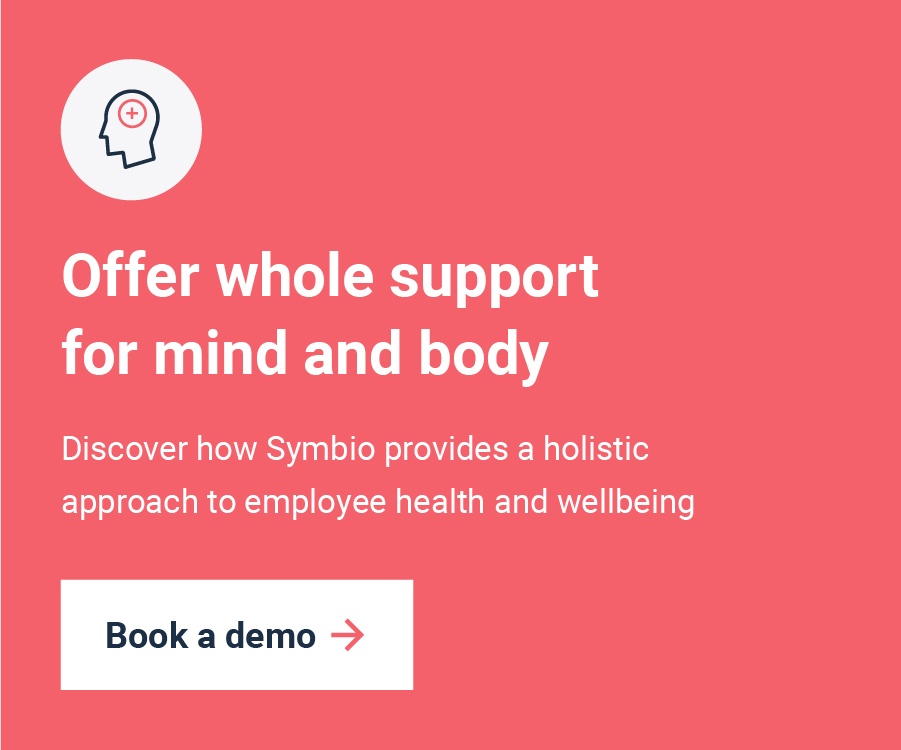Procrastination is a universal struggle, impacting both our personal and professional lives. In fact, one study suggests that 80 percent of salaried employees procrastinate between one to four hours each day.
Putting off the doctor’s appointment and avoiding those tedious work tasks are normal parts of day-to-day life. But everyone knows it’s better to tackle these hurdles head-on and get them over with.
So, what exactly makes us procrastinate? In this blog, we dig into the reasons why people procrastinate at work. We also provide tips on how you can increase productivity so your teams work smarter and faster.
Why do some employees procrastinate?
There are a plethora of reasons employees procrastinate. What’s interesting is they often have little to do with laziness. External factors such as office design or distracting colleagues can increase our tendency to procrastinate. But, procrastination often stems from what the employee is experiencing internally. For example:
Attention deficit hyperactivity disorder (ADHD)
Many adults with ADHD struggle with chronic procrastination. This is because they’re often susceptible to things like distractibility and forgetfulness. They're also prone to disorganisation and face problems with prioritisation and time management. Additionally, if a person with ADHD experiences frustrations when completing a task, they may put off similar tasks in the future.
Depression
Depression can have a significant impact on productivity. Typical symptoms include low self-esteem, lack of motivation, and a persistent feeling of sadness or emptiness. These factors contribute to a reluctance to engage in tasks and a tendency to put them off. In fact, lacking belief in yourself can stop someone from attempting a task altogether.
Depression also has the power to zap available energy and increase lethargy and tiredness. This can make even simple tasks seem overwhelming. What's more, it can disrupt cognitive processes related to decision-making and concentration. And this impedes an employee’s ability to complete tasks efficiently.
Anxiety
Anxious people often have decreased stress tolerance, making them more likely to feel overwhelmed. People experiencing extreme anxiety can even find themselves in a state of catatonia, instead of feeling motivated to get things done.
Unfortunately, putting tasks off can have a snowball effect. As deadlines loom, stress and anxiety increase. And if an employee misses a deadline, it can impede their self-worth and create more anxiety related to job performance and security.
Perfectionism
While striving for high standards is often viewed as a positive, the perfectionism trap can significantly impede productivity.
Perfectionist employees are often self-critical. This can cause them to postpone tasks to avoid negative feelings associated with failure. Many perfectionists often put off tasks until they can focus all of their time and attention on them, too. Others simply work longer than required in an attempt to achieve the mythical state of ‘perfect’.
Lack of long-term thinking
Employees who are eager for immediate results might prioritise those tasks that provide instant wins. But when they fail to consider the bigger picture, it can lead to missed deadlines and reduced productivity.
People who focus too much on the present often fail to invest their time and energy in activities that create long-term benefits. This includes learning new skills or pursuing professional development opportunities. In the long term, this can impede growth and result in missed opportunities to improve.
How to support your line managers with slow-moving teams
According to a survey by People Management, employees are three times more engaged when they feel supported by managers. But this engagement isn’t a given. Line managers must work to create psychologically safe spaces so employees feel comfortable enough sharing issues. Without this, employees will struggle to feel heard, and managers won’t know how to offer more personalised support that facilitates employee productivity.
Here are a few tips to support managers in improving employee productivity.
Tip #1: Promote regular 1-1s
Regular one-on-one meetings are a great way to remain in constant communication with employees because they create the space for open and honest conversation. It also gives employees the chance to talk about any challenges they’re facing.
Regular 1-1s help managers provide employees with a more tailored approach to wellbeing. In turn, employees feel heard and valued, and receive the help they need. As a result, they will engage more with their work and limit procrastination.
Tip #2: Help establish healthy practices and patterns
When your line managers understand the specific needs of each employee, they can help establish the patterns to support and engage them.
For example, managers can help employees optimise their calendars for the maker schedule, which consists of long stints of uninterrupted message-free time. This is a critical requirement for deep working. Alleviating the pressure to check email and Slack channels helps create space employees need to find flow and work more productively.
Tip #3: Offer personalised tools and advice
Empowering your line managers to provide the right productivity aids and tools will help employees feel supported at work. This in turn will boost engagement and reduce procrastination.
An employee with autism, for example, may benefit from noise-cancelling headphones. On the other hand, an employee with ADHD may benefit from a standing desk or even a desk treadmill.
Tip #4: Encourage organisation and prioritisation
Employee productivity comes down to two things: organisation and prioritisation. So, empower your managers to help employees understand how to better prioritise their task lists. It’s vital that managers aren’t just telling employees what to do first, either. Instead, have managers explain why a task is more important. This helps employees build the relevant context to ‘buy in’ to the task and engage with the work in good time. Your managers can also lean on any project management tools you have available so employees can view task priorities and deadlines.
Tip #5: Provide regular resources
Line managers can only do so much to engage their teams and reduce procrastination. It’s up to the individual employee to address and manage the root cause of their tendency to delay work.
However, managers can assist teams in self-education. It's important they regularly share relevant resources that can positively impact employee productivity.
What’s more, line managers should offer teams access to relevant mental health professionals. This gives employees the autonomy to seek specialist help as required. It also empowers them to better manage any conditions that may impact their productivity.
Tip #6: Promote a culture of risk-taking
Sometimes, a project is so intimidating that your employees don’t want to (or simply can’t) begin. And here’s where your line managers come in.
Managers have the power to influence the culture of teams. It’s up to them to build psychologically safe spaces for teams to try and fail without feeling judged about their performance. Encouraging this kind of risk-taking helps you end perfectionist tendencies and reduce the ongoing pressure employees face when it comes to handling deadlines.
Empowering your line managers to improve employee productivity
Procrastination is a common issue. Yet, it’s also complex and often sensitive, with mental health and neurodivergent conditions sometimes at the root of the problem.
As such, your managers will need to show sensitivity when broaching the issue. Demonstrating they understand the unique challenges your employees face by offering support in a range of ways will help every employee tackle their productivity problems head-on.
That said, while managers can help their teams overcome their procrastination, they won’t be able to address the cause. So, it’s important to provide a wellbeing solution that gives employees direct access to specialist mental health support.
That’s where Symbio can help. Symbio is the affordable healthcare subscription that brings together preventative, personalised self-care and access to virtual consultations with GPs, Mental Health Counsellors and Physiotherapists in a single app for all your employees.
To find out more about Symbio and how it can make your workforce healthier and happier, book a demo. We’d love to show you how our virtual healthcare system can benefit your organisation.



-1.jpg?width=800&height=450&name=image%20(19)-1.jpg)
%20(1)-1.jpg?width=800&height=450&name=christina-wocintechchat-com-YCrgxs3e9lY-unsplash%20(1)%20(1)-1.jpg)
